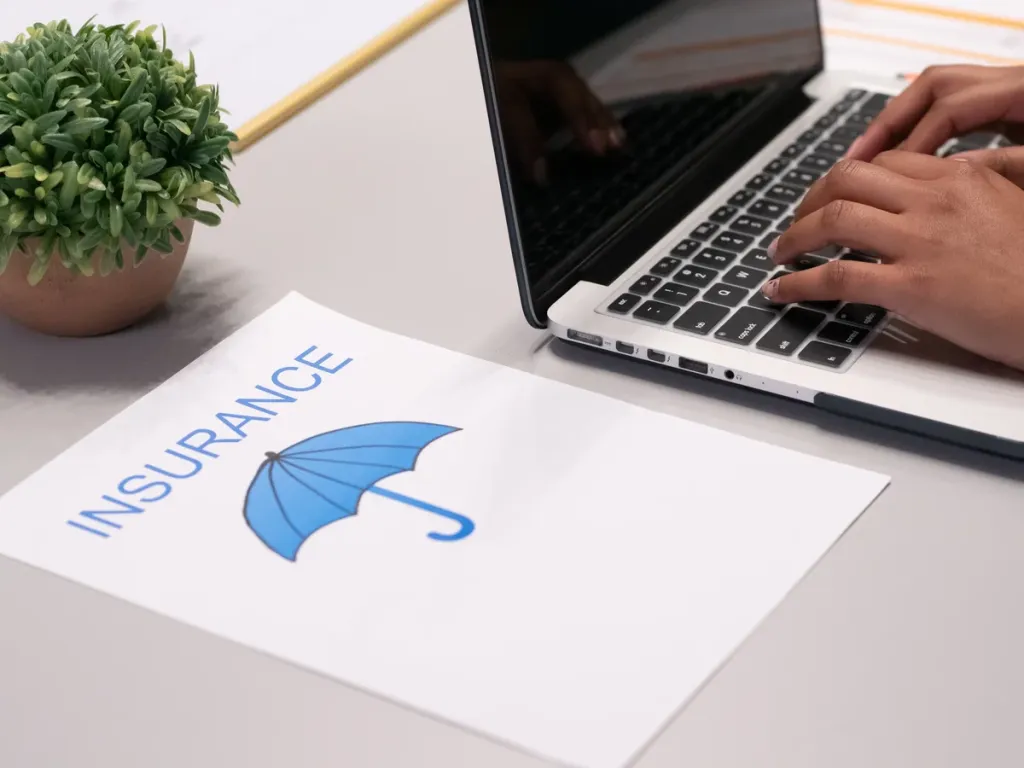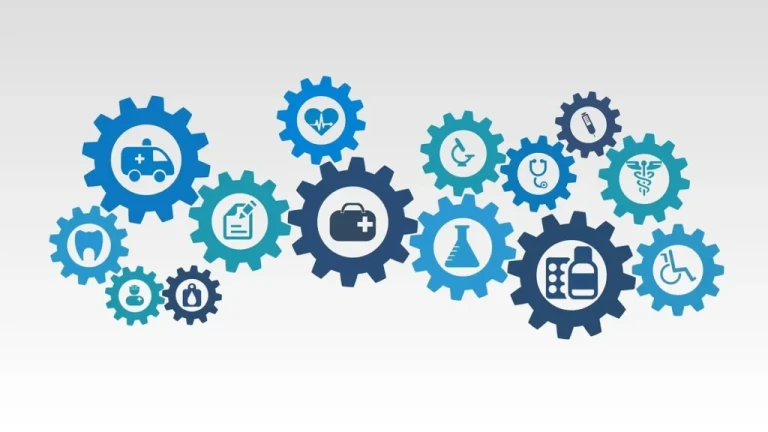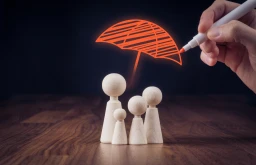What is Insurance? and How does it work?

In today’s world, we are constantly monitored and protected by insurance. Whether you are a driver or a pedestrian, there is a good chance that you are covered by them. So what is insurance and how does it work? In this article, we will discuss the basics of it and see how it can help you protect yourself and your loved ones.
What is Insurance?
Insurance is a type of protection that helps pay for expenses that may occur as a result of an event. The most common types are life, health, property, and automobile.
The purpose of it is to help reduce the risk of financial loss. In order to do this, companies use a variety of methods to predict which events will occur and how much money they will cost. They then offer policies that provide coverage for these events.
 Creative Visualisation of Insurance
Creative Visualisation of InsuranceHow does Insurance work?
It is a type of protection that helps protect individuals and businesses from financial losses in the event of an unforeseen event. There are many types, and each one offers different benefits and protections.
Life insurance protects a person’s financial future by providing a death benefit to the beneficiary. Health insurance helps pay for medical expenses not covered by the individual’s health plan. Vehicle insurance protects a driver and his or her car from financial losses in the event of an accident. Home insurance helps protect a homeowner’s property against damage or theft. Renters insurance covers the cost of damage to rented properties caused by someone other than the renter.
It can be expensive, but it can also be essential for protecting oneself and those around you.
What are the types of Insurance?

Types of Insurance
The most common types are life, health, and vehicle insurance. Each has its own unique benefits and drawbacks, so it’s important to understand what each covers before purchasing it.
Here are some key things to know about each type:
Life
Life insurance protects people who are unable to provide for themselves in the event of their death. This typically pays out a set amount per month, regardless of whether or not the policyholder is actually alive at the time the payout is made.
Health
Health insurance protects individuals against financial losses if they become hospitalized, receive medical treatments, or suffer other injuries that prevent them from working. The coverage typically includes both general medical expenses and prescription drug costs.
Vehicle
Vehicle insurance protects individuals and businesses against financial losses caused by accidents involving their vehicles. This type of coverage can include damage to the vehicle itself as well as any injuries sustained by passengers or drivers in the accident.
Travel
Travel insurance protects against the expenses and risks related to traveling. Whether traveling domestically or internationally, it offers useful protection.
Home
Home insurance safeguards your house and belongings against damages or theft. Most mortgage lenders require insurance coverage from borrowers for the full or fair market value of a property (often the purchase price), and typically won’t accept a loan or fund a residential real estate transaction without seeing proof of insurance.
Crop
The purpose of crop insurance is to safeguard farmers from the financial repercussions of unanticipated risks beyond their control that might result in crop failures or losses.
What are the components of Insurance?
It is a system of financial protection created to help individuals and businesses mitigate the risks associated with potential losses. In order to do this, insurance products typically include coverage for loss of income (pensions, disability), property damage (auto, home, renters), and casualty (accident, theft).
The key components are-
Insurer – The company that sells the product
The insured – The person or business that buys the product
The beneficiary – The person or business that benefits from the coverage. There are also sometimes other layers involved such as reinsurers.
An important thing to keep in mind is that each policy has its own set of exclusions and conditions that must be met in order for coverage to be granted. For example, most auto policies will not cover damages caused by driving under the influence (DUI). Similarly, homeowners policies generally do not cover damage done by natural disasters such as a hurricane.
What are the benefits of Insurance?
It can be a great way to protect yourself and your family from unexpected expenses.
Here are some of the benefits:
Protection from unexpected expenses:
A major benefit is that it can protect you from unexpected expenses. If something bad happens and you need to take out a loan or borrow money from friends or family, it can help cover those costs.
Peace of mind:
It can give you peace of mind in knowing that if something bad happens, you’ll have help covering the costs. You won’t have to worry about paying for everything yourself, and you can feel confident that you and your family will be taken care of.
Eliminating risk:
One of the most important benefits is that it eliminates risk. When you have insurance, there’s a reduced chance of Financial risk – which means you don’t have to worry about any financial consequences.
Reduced stress:
It can reduce your level of stress when something bad does happen. Knowing that you have the support of the insurer can help to reduce the anxiety you might feel.
How to claim Insurance?
If something bad happens and you’re not covered by insurance, it can be really expensive to pay out of pocket. Here’s how to claim:
1. Figure out what type of insurance you have. This will help you figure out the process for filing a claim.
2. Contact your insurer as soon as possible after the incident. Let them know what happened, and ask for a claim number.
3. Go through the claim process with your Insurer. This will likely involve filling out forms, giving evidence, and waiting for a decision.
4. If you’re approved for reimbursement, you’ll get a check in the mail.
Thank you for reading, also visit our Blog Page and discover more such informative and interesting articles.









